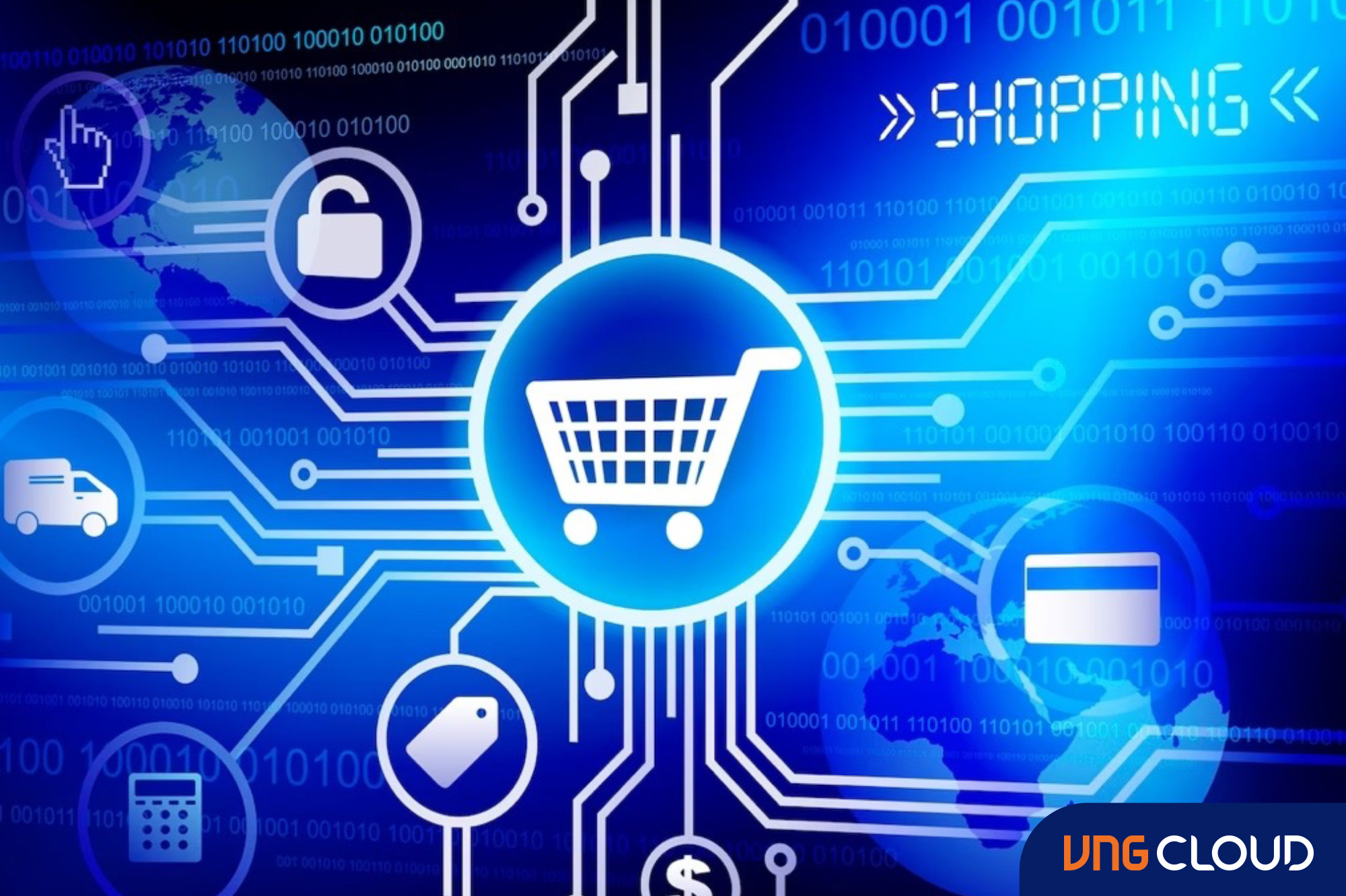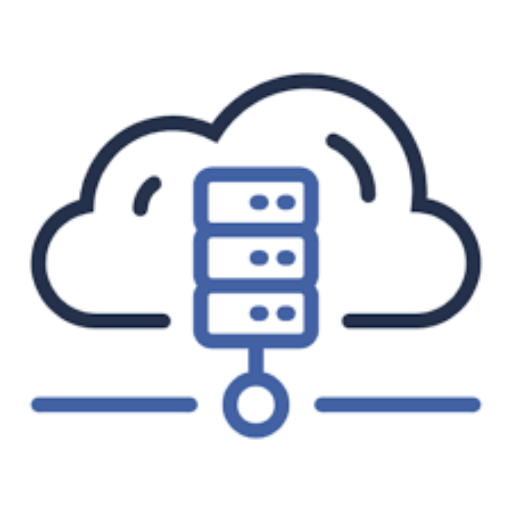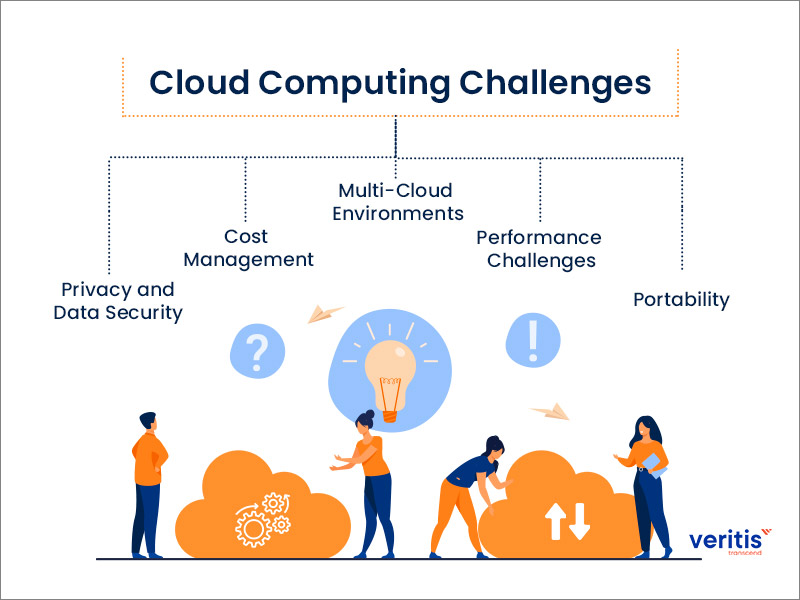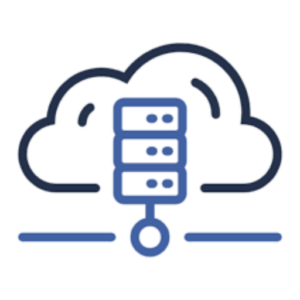
Cloud Computing in Retail: Transforming the Shopping Experience
Advertisment
Cloud computing is revolutionizing the retail industry by enhancing customer service, streamlining operations, and boosting overall efficiency. By migrating operations to the cloud, retailers can utilize advanced tools to optimize various aspects of their business, from inventory management to delivering personalized customer experiences.
Key Benefits of Cloud Computing in Retail
1. Scalability and Flexibility
Cloud computing allows retailers to easily scale their resources during peak shopping seasons, such as holidays, without incurring additional infrastructure costs. This adaptability ensures smooth operations, regardless of demand fluctuations.
2. Personalized Customer Experience
With real-time data analytics, retailers can provide personalized recommendations and targeted promotions based on customer preferences and shopping behaviors. This approach enhances customer engagement and fosters loyalty.
3. Operational Efficiency
Cloud platforms automate essential tasks like inventory management, leading to accurate stock levels and reduced errors. This results in smoother operations and more informed decision-making.
4. Cost Savings
The pay-as-you-go pricing model of cloud services minimizes the need for expensive hardware and IT maintenance. This allows retailers to allocate more resources to growth and innovation.
5. Security and Compliance
Leading cloud providers offer robust security features, including encryption and regulatory compliance. This helps protect sensitive customer data and ensures business continuity.
Advertisment
How Cloud Computing is Shaping Retail
- E-Commerce: Cloud technology enables retailers to handle high traffic volumes during sales events or holidays, ensuring fast and responsive website performance.
- Inventory Management: Retailers can track stock levels in real time, optimizing inventory to avoid stockouts and overstocking issues.
- Customer Relationship Management (CRM): Cloud-based CRM systems provide insights into customer preferences, empowering retailers to create personalized marketing and loyalty programs.
Challenges of Cloud Computing in Retail
- Data Security: Protecting sensitive data and ensuring compliance with regulations is a critical concern for retailers.
- Legacy Integration: Migrating older systems to the cloud can be complex and requires careful planning and execution.
- Internet Reliance: A stable internet connection is essential for the effective functioning of cloud-based systems.
Conclusion
Cloud computing is transforming the retail landscape by providing flexible and scalable solutions that enhance the shopping experience, reduce costs, and improve operational efficiency. Retailers who embrace cloud technology will gain a competitive edge and be better equipped to meet evolving consumer expectations.
Advertisment












Post Comment